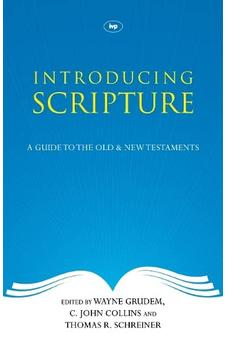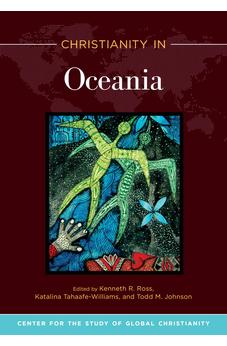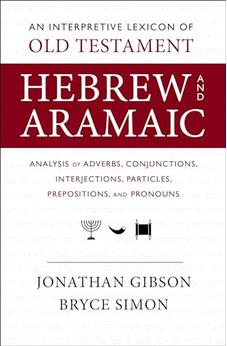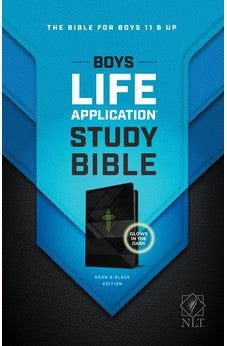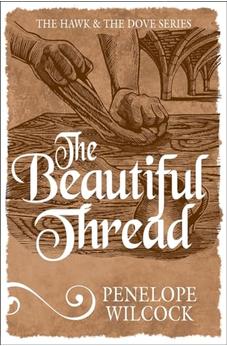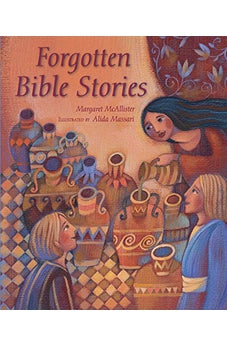Greed as Idolatry: The Origin and Meaning of a Pauline Metaphor
3 Great Reasons to Buy from Us:
Review Journal of the Evangelical Theological Society "Recommended for all biblical scholars, pastors, and interested students, as it is sure to become the standard treatment of this significant phrase. (Starred Review.) "Craig L. Blomberg - Denver Seminary "Modern readers are often surprised to discover 'greed' in the New Testament vice lists along with what they view as much more serious sins. But Ephesians and Colossians both call it idolatry, and other eras of church history often understood this better than we do in today's Western world. Rosner explores the concept of greed as idolatry in rich detail from every imaginable angle - exegetical, theological, historical, sociological - and challenges contemporary Christianity to take it far more seriously. A crucial topic for anyone who wants to be faithful to biblical ethics." What are the origin and meaning of the words "greed is idolatry" found in Ephesians 5:5 and Colossians 3:5? In what sense are the greedy guilty of idolatry? Many different answers have been given to this question throughout the history of interpretation. In fact, a consensus exists on only one score -- that the expression serves to vilify greed. Brian Rosner ably takes on the challenge of interpretation by tackling the phrase as a metaphor, structuring his argument around an intriguing comparison to mountain climbing. From this vantage point, he offers a thorough history of interpretation of the phrase, including a study of the origin of the concept of idolatrous greed in biblical and Jewish sources. Rosner concludes that the comparison of greed with idolatry teaches that to desire to acquire and keep for oneself more money and material things is an attack on God's exclusive right to human love, trust, and obedience. With this work comes a stunning, fresh understanding of familiar terms -- "greed," "idolatry," and even "God" -- challenging both the church as a whole and individual believers to consider the far-ranging implications of our materialistic world. The first full-length study of this intriguing Pauline expression, Greed as Idolatry has profound implications for theological ethics today. About the Author Brian Rosner teaches New Testament and Ethics at Moore Theological College in Newtown, NSW, Australia.




